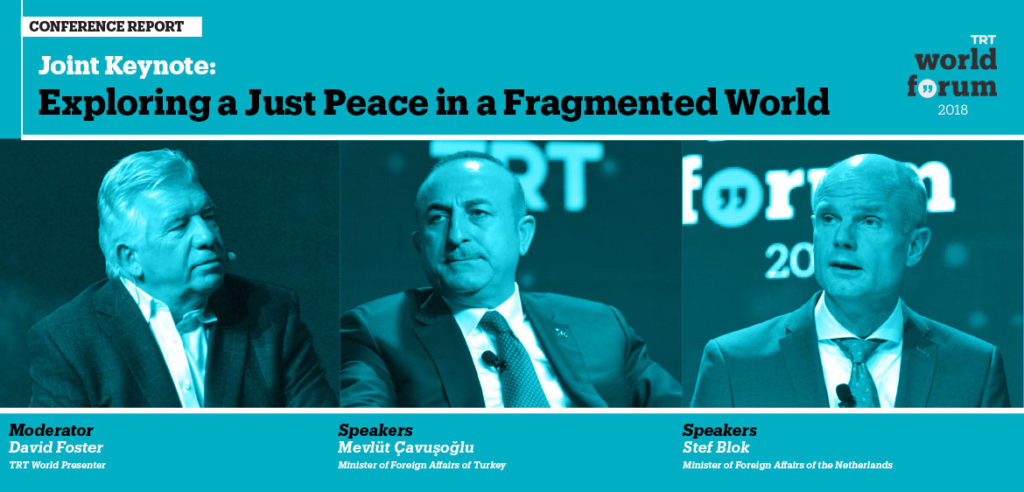The geopolitical order today remains constantly fragmented due to the pervasiveness of an unequal administrative and institutional directive. Therefore, addressing and taking steps to limit divisive policies across the globe becomes a subject to be addressed amongst major stakeholders. Correspondingly, persisting inequalities cannot be addressed without a co-operative social justice system. This makes it necessary to take various measures and policies thus enabling collective international cooperation, which will help reform systems and institutions that govern social rule, law, and order.
Major international organisations like the United Nations have failed to address and deal with threats which pertain to the changing global patterns. Irregular forms of migration, xenophobia, anti-minority sentiments and terrorism are constantly on the rise and pose risks scale that goes beyond regional communities. For that reason, the international impact that conflict-ridden societies generate cannot be ignored. As one can observe, the consequences of the 7 years war in Syria extends well beyond its shores. This is one of the biggest humanitarian crises since WWII: the Syrian conflict has killed hundreds of thousands; left over half the population displaced; and led to significant economic, educational and human losses.
